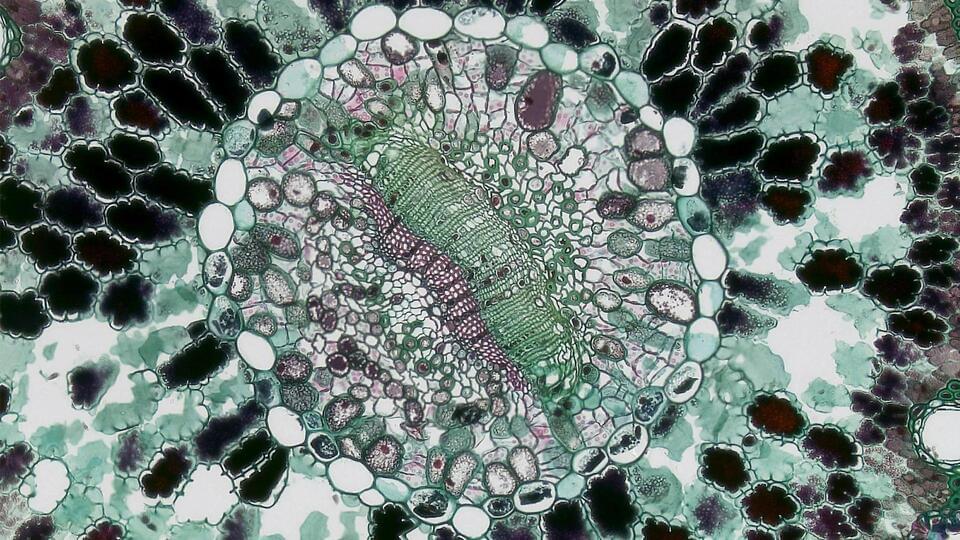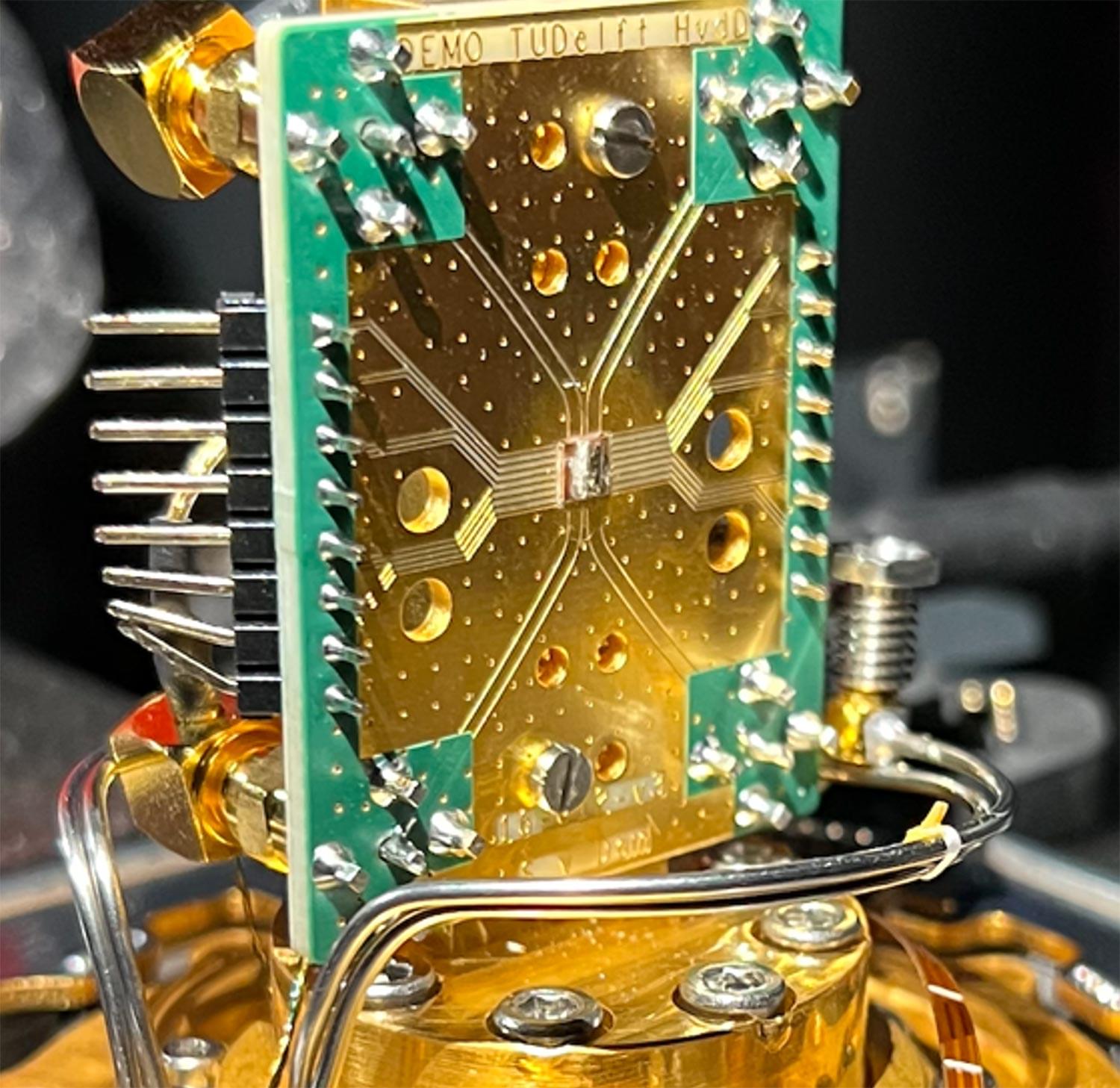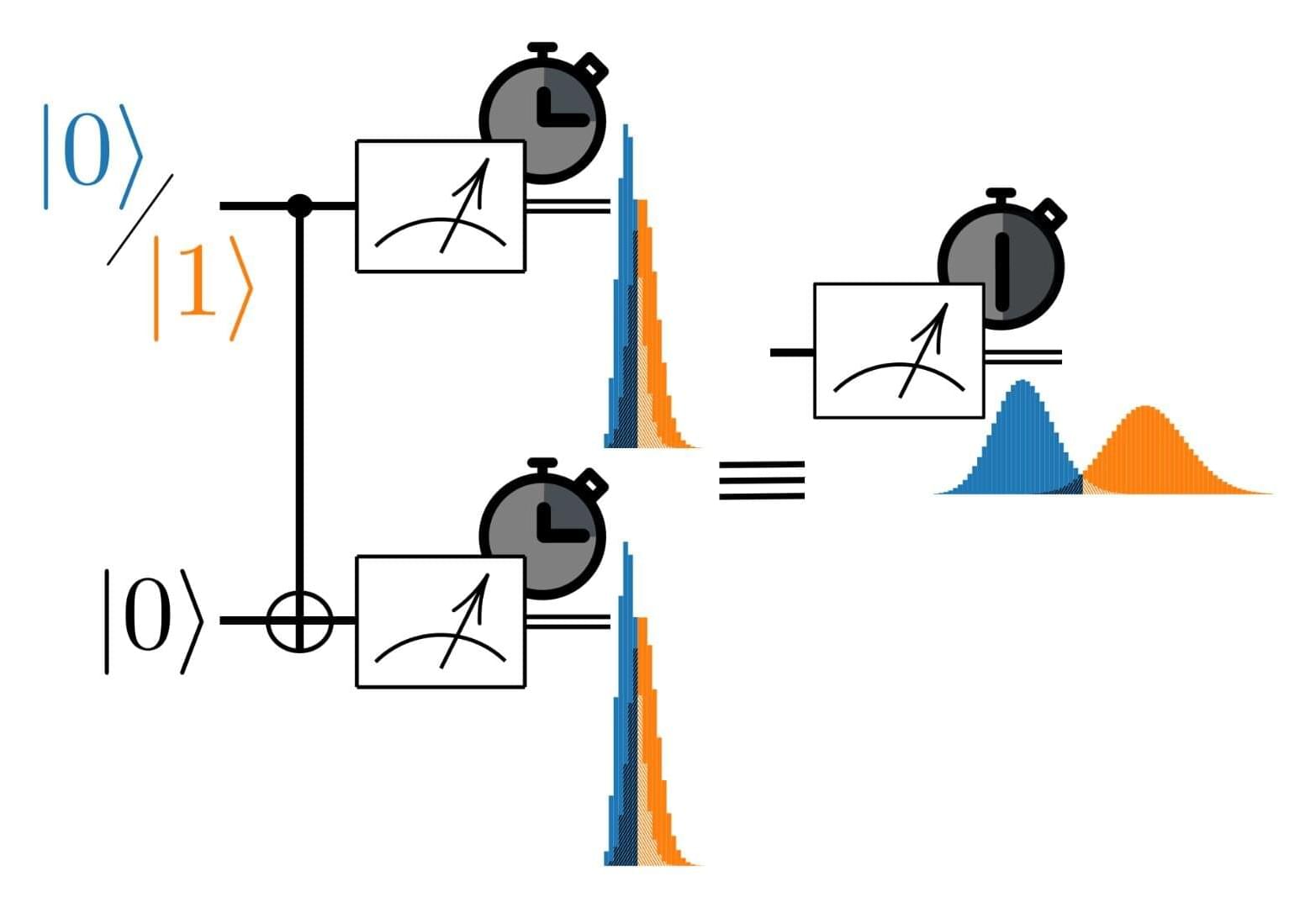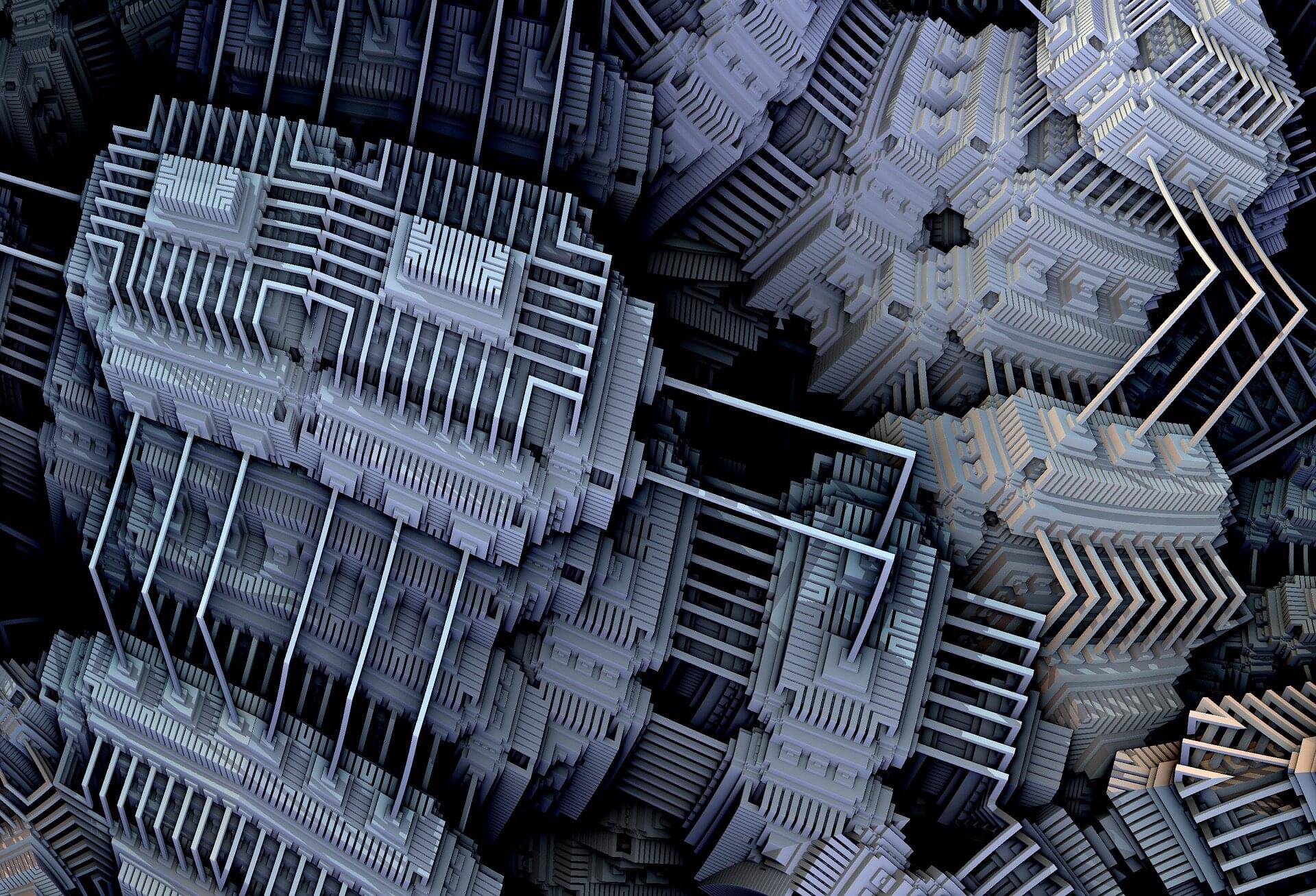It’s not actually made of fire and ice.



One of the key takeaways from the experiment is that quantum mechanics does not conform to classical expectations. By creating a GHZ-type paradox in 37 dimensions, the researchers demonstrated a breakdown of local realism in ways previously unexplored.
In classical terms, the paradox suggests that an event could occur without a causative link—like a letter appearing in your mailbox without a postal worker delivering it. In quantum terms, the experiment showed that the relationship between entangled particles was so deeply nonlocal that their correlations could not be explained by any hidden variables.
The research team mathematically confirmed that their experiment achieved the strongest recorded manifestation of quantum nonlocality. By showing that the paradox holds true even under extreme conditions, they provided new evidence that classical models fail to explain the quantum world.

In a new study published by researchers at quantum computing company Quantinuum and collaborators from Caltech, Fermioniq, EPFL, and the Technical University of Munich, scientists have used Quantinuum’s powerful quantum computer, H2, to simulate a notoriously difficult system—quantum magnetism —in a way that pushes beyond what classical computers can reliably achieve.
“Digital quantum computers are much more flexible/universal, but we have paid for that flexibility with many technical challenges,” Dr. Michael Foss-Feig of Quantinuum and the paper’s lead author told the Debrief.
“This paper is an indication that we are finally moving these more flexible/universal machines into the realm of practical (and scientifically illuminating) quantum simulation,” Foss-Feig said.


The Great Pyramid of Giza has mystified historians, archaeologists, and engineers for centuries. From its precision alignment with astronomical bodies to its geometric perfection, every aspect seems meticulously engineered for purposes beyond mere burial or symbolic display. But what if the purpose was far more profound — and fundamentally quantum?



In an attempt to speed up quantum measurements, a new Physical Review Letters study proposes a space-time trade-off scheme that could be highly beneficial for quantum computing applications.
Quantum computing has several challenges, including error rates, qubit stability, and scalability beyond a few qubits. However, one of the lesser-known challenges quantum computing faces is the fidelity and speed of quantum measurements.
The researchers of the study address this challenge by using additional or ancillary qubits to significantly reduce measurement time while maintaining or improving the quality of measurements.

More than 80 years ago, Erwin Schrödinger, a theoretical physicist steeped in the philosophy of Schopenhauer and the Upanishads, delivered a series of public lectures at Trinity College, Dublin, which eventually came to be published in 1944 under the title “What is Life?”
Now, in the 2025 International Year of Quantum Science and Technology, Philip Kurian, a theoretical physicist and founding director of the Quantum Biology Laboratory (QBL) at Howard University in Washington, D.C., has used the laws of quantum mechanics, which Schrödinger postulated, and the QBL’s discovery of cytoskeletal filaments exhibiting quantum optical features, to set a drastically revised upper bound on the computational capacity of carbon-based life in the entire history of Earth.
Published in Science Advances, Kurian’s latest work conjectures a relationship between this information-processing limit and that of all matter in the observable universe.

Physicists have made a major leap in our understanding of quantum entanglement by fully mapping out the statistics it can produce – essentially decoding the language of the quantum world.
This breakthrough reveals how the bizarre but powerful correlations in quantum systems can be used to test, secure, and certify the behavior of quantum devices, all without knowing their inner workings. The ability to self-test even partially entangled systems now opens doors to more robust quantum communication, encryption, and computing methods. It’s a game-changer for both fundamental physics and real-world quantum tech.
Cracking the code of quantum entanglement.